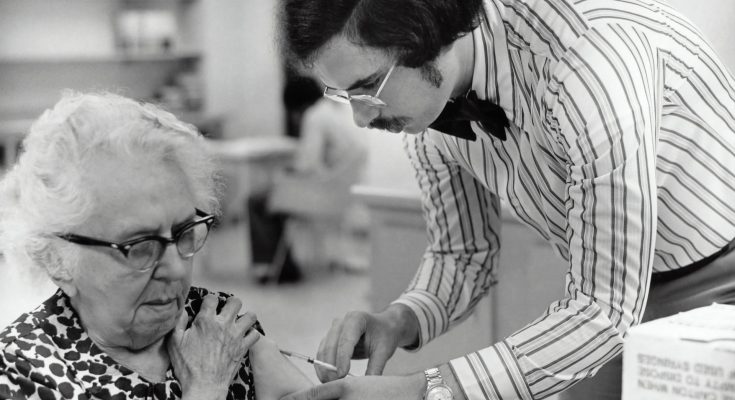Canadian health officials, for the most part, are echoing the message of the World Health Organization (WHO)’s Strategic Advisory Group of Experts on Immunization (SAGE) last week to no longer recommending follow-up COVID-19 boosters for people with a medium or low risk of developing severe illness from the virus.
“Updated to reflect that much of the population is either vaccinated or previously infected with COVID-19, or both, the revised roadmap re-emphasizes the importance of vaccinating those still at risk of severe disease…“Countries should consider their specific context…not compromising the routine vaccines that are so crucial for the health and well-being of this age group” SAGE chair Dr. Hanna Nohynek said in a media release issued March 28.
Three priority-use groups for COVID-19 vaccination – high, medium, and low have been defined by SAGE based on a balance of cost-effectiveness and risk of severe disease or death.
.
The high-priority group includes seniors, younger adults with significant comorbidities such as diabetes and heart disease, adults and children older than six months with immunocompromising conditions, pregnant people and front-line health-care workers.
The new SAGE guidance, says Canadian immunologist Matthew Tunis, is similar to spring booster recommendations the Public Health Agency of Canada’s National Advisory Committee on Immunization (NACI) made several weeks earlier.
NACI recommends booster shots high-risk Canadians this spring even if they were boosted in the fall
Included in this group are all adults 80 years of age and older; adults 65 to 79 years old, especially if they have never been infected with COVID-19; adults living in long-term care homes and other congregate living settings for seniors or those with complex medical care needs; and people over 18 who are moderately to severely immunocompromised due to an underlying condition or ongoing treatment.
Healthy, fully vaccinated individuals who have received one dose of a COVID-19 vaccine booster can skip the spring vaccination campaign. Those who have received a primary course of a COVID-19 vaccine but haven’t received their first booster dose should get boosted as soon as possible.
COVID-19 boosters for the general population are still being decided by the committee to determine whether these should be rolled out as a seasonal, annual or as-needed program in the future.
Hospitalizations, ICU admissions and deaths within Canada have stabilized for now, inspite of highly contagious Omicron sub-variants continue to spread.
During a federal COVID-19 update on March 10, Chief Public Health Officer Dr. Theresa Tam said the virus has reached a relatively steady state in Canada.
“While uncertainty remains about the seasonal patterns for COVID-19, the current trend suggests we may not see any major waves in the coming months as we prepare for a potential fall and winter surge,” Tam said. “Together with international partners, we will also continue to monitor the situation closely.”
#NACI; #Canada; #COVIDBooster; # highprioritygroup; #WHO; #SAGE; #PublicHealthAgencyofCanada





